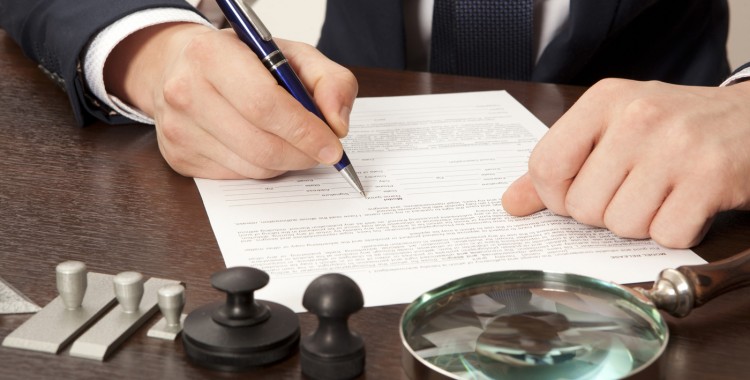Wills & Trusts Attorney
Our New Hampshire Wills & Trusts Attorneys Will Handle Your Estate Planning
A Will allows you to decide how your property will be divided after your death. If you do not have a Will then there is a NH statute for distribution which dictates how your estate will be divided, which is a percentage to your spouse and a percentage to your children. You, however, may wish to have a Will so that you can override the statute. For instance, you may wish to leave more to one child over another, or a home to one child and savings or cash to another, or money to a certain charity.
Contact our New Hampshire office today to schedule your free consultation with an experience attorney, (603) 934-9837. You can also fill out the form on the right and we will contact you as soon as possible, discuss over the phone and/or make an appointment at your earliest convenience.
What to Consider When Setting Up Trusts for Children
In addition to being able to decide how your property is divided, with a Will you can decide whether children, grandchildren etc. must reach a certain age before they can get their inheritance. Some people believe that too much money at a young age can be tempting for a young person, who may spend it foolishly due to their immaturity. With a Will you can opt to have the inheritance held in trust until the beneficiary reaches a certain age, maybe that is 18, 21, or perhaps 30. You select a “trustee” who is usually another family member with maturity and a good sense for investment. This person, with the oversight of the probate court, then invests the inheritance in safe investments until the beneficiary reaches the age you selected. You can also have a tiered trust, were the beneficiary gets allotments of their inheritance at certain intervals.
What Are Alternatives in a Will?
When you are talking to your lawyer over the provisions you want in a Will, he/she will probably ask you to nominate alternatives. For instance, you may want your spouse, brother or child to be the executor. But what happens if this person predeceases you, or dies at the same time, such as you’re both driving home in the same car from dinner and are hit and killed by a drunk driver. If that person was your proposed executor of trustee, you would want a “back up” mentioned in your Will. Having alternates mentioned in the Will gives you some piece of mind that the persons you fell most appropriate to handle your affairs will be the persons given the job. If you fail to have alternates, the probate court will select them for you, and while these may be appropriate people, they may not be the persons you would have chosen.
What are Financial Power of Attorney and Medical Power of Attorney?
In addition to a Will, you should also consider having a Financial Power of Attorney and a Medical Power of Attorney. A financial Power of Attorney allows you to give legal authority to another to conduct your legal and financial affairs. In this document you can decide if they have this power immediately, which is more common, or whether they should only have this power if your doctor certifies that you are mentally incapable of dealing with your affairs. With a Medical Power of Attorney you decide who should make medical decision for you if your doctor certifies that you are mentally incapable. This document can even nominate under certain circumstances, who should make the ultimate medical decisions on your behalf, such as disconnecting “life sustaining” machines. Preparing a Will and Powers of Attorneys are not something that most people look forward to. In fact many people procrastinate as they do not want to face their mortality. However if you do not have these documents in place, NH law will dictate your decisions for you, and these dictates may not be the choices that you would have made.

